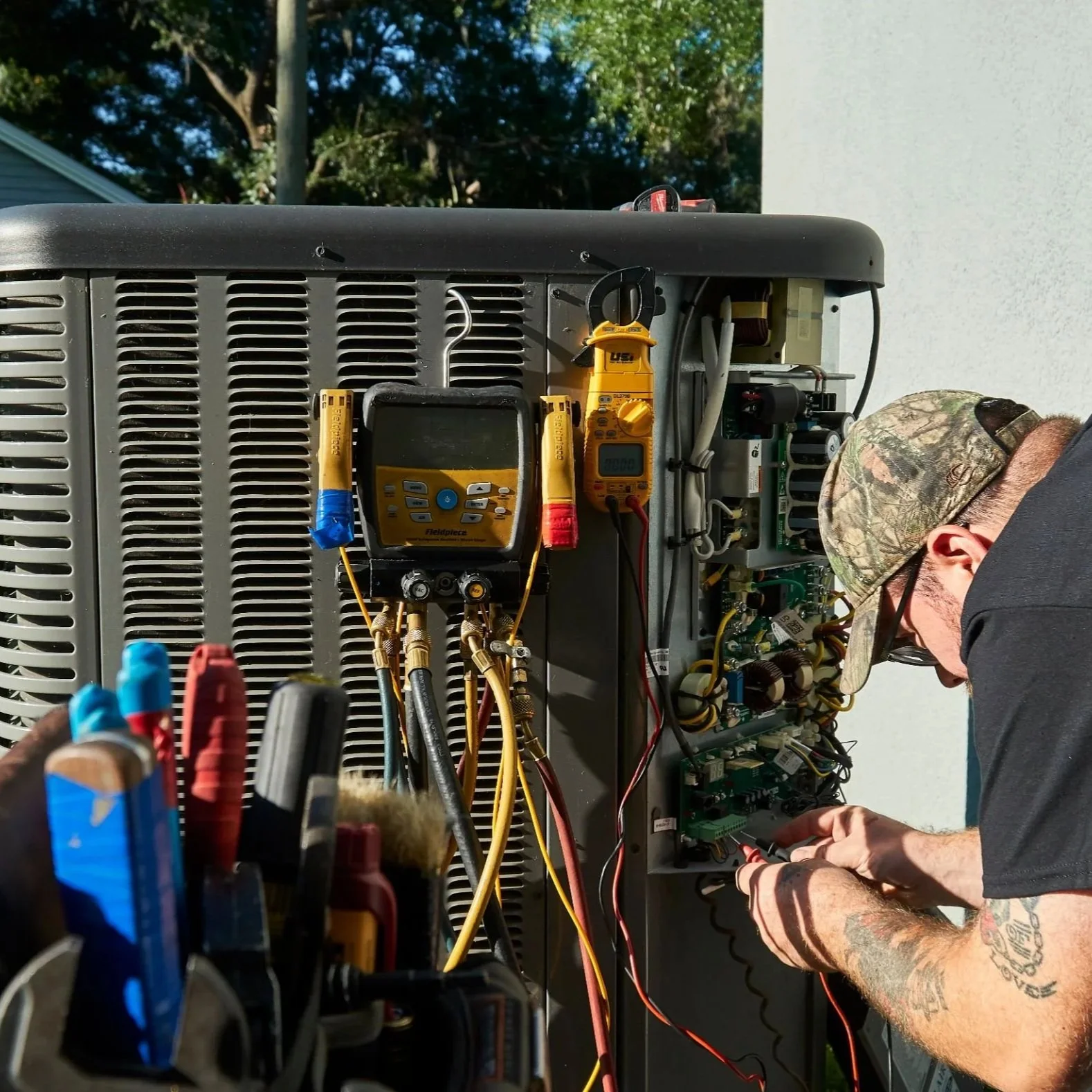How Routine Maintenance Reduces the Risk of Heating System Breakdowns
Maintaining consistent service intervals helps prevent unexpected system failures and extends equipment lifespan.
Regular maintenance is the cornerstone of reliable heating system operation. Professional HVAC technicians implement comprehensive maintenance programs designed to identify potential concerns before they develop into significant problems. Through systematic inspection and service procedures, skilled professionals can detect early warning signs of component wear or performance degradation. Maintaining consistent service intervals helps prevent unexpected system failures and extends equipment lifespan.
Component Inspection and Testing
Professional maintenance includes a thorough inspection of critical system components. HVAC technicians examine heat exchangers, burners, and ignition systems for signs of wear or damage. Regular testing of safety devices and control systems verifies proper operation under various conditions. Careful evaluation of electrical connections and wiring identifies potential hazards before they cause system failure. Systematic component inspection supports reliable operation while preventing costly emergency repairs.
Filtration System Maintenance
Regular attention to filtration systems plays a vital role in preventing heating system breakdowns. Professional HVAC maintenance includes inspecting and replacing air filters according to the manufacturer's recommendations. Clean filters support proper airflow through the system, reducing strain on components and improving efficiency. Professional duct cleaning services remove accumulated debris that could restrict system operation or damage sensitive components.
Lubrication and Moving Parts
Proper lubrication maintains the smooth operation of moving components within heating systems. Professional maintenance technicians apply appropriate lubricants to bearings, motors, and other mechanical elements. Regular lubrication prevents excessive wear and reduces energy consumption through improved mechanical efficiency. Careful attention to manufacturer specifications guides proper lubrication procedures and intervals.
Electrical System Verification
Professional maintenance includes a comprehensive evaluation of electrical systems. HVAC technicians test voltage levels, current draw, and connection integrity throughout the system. Regular electrical maintenance prevents component failure due to poor connections or improper power supply. Systematic verification of electrical systems verifies reliable operation and identifies potential safety concerns.
Combustion System Analysis
Regular maintenance of combustion systems maintains safe and efficient operation. Professional technicians analyze combustion gases to verify proper fuel mixture and complete burning. Careful cleaning of burners and related components prevents carbon buildup, maintaining optimal performance. Regular combustion system maintenance reduces fuel consumption while preventing dangerous operating conditions.
Condensate System Care
Professional maintenance includes attention to condensate handling systems. HVAC technicians clean and test condensate drains to prevent blockages that could cause water damage or system shutdown. Regular inspection of condensate neutralizers prevents acidic discharge from damaging building materials. Proper maintenance of condensate systems protects both heating equipment and the surrounding structure.
Airflow Management
Regular maintenance procedures guarantee airflow requirements are met throughout the heating system. Professional technicians measure and adjust air delivery to maintain proper distribution. Systematic cleaning of blower components maintains efficient air movement while reducing energy consumption. Proper airflow management prevents excessive system wear while supporting comfortable heating throughout the space.
Control System Optimization
Professional maintenance includes verifying and adjusting control systems. HVAC technicians test thermostat operation and calibrate temperature sensors for accurate readings. Regular evaluation of control logic prevents short cycling and maintains stable operation. Proper control system maintenance reduces component stress while improving comfort and efficiency.
Performance Data Analysis
Regular collection and analysis of performance data guides maintenance procedures. Professional technicians record operating parameters, including temperatures, pressures, and electrical measurements. Tracking system performance over time helps identify developing problems before failure occurs. Data-driven maintenance decisions support optimal system operation and reliability.
Safety System Verification
Professional maintenance emphasizes regular testing of safety systems. HVAC technicians verify proper operation of limit switches, pressure controls, and flame safeguards. Systematic safety testing prevents dangerous operating conditions while protecting expensive equipment. Regular safety system maintenance provides peace of mind through verified protection.
Ductwork Inspection
Regular maintenance includes evaluation of distribution system components. Professional technicians inspect ductwork for air leaks, damage, or inadequate insulation. Proper duct cleaning services maintain efficient air delivery while protecting indoor air quality. Regular attention to distribution systems supports the overall performance and longevity of the heating system.
Seasonal Preparation
Professional maintenance programs incorporate seasonal system preparation. HVAC technicians perform specific procedures designed for changing operational requirements. Regular seasonal maintenance prevents problems commonly associated with weather-related stress. Proper preparation supports reliable operation throughout varying climate conditions.
Documentation and Planning
Comprehensive maintenance programs include detailed record-keeping and planning. Professional technicians document service procedures, measurements, and observations during each visit. Regular review of maintenance records helps identify recurring issues or developing trends. Proper documentation supports efficient troubleshooting and repair when necessary.
Regular maintenance performed by qualified HVAC professionals significantly reduces the likelihood of heating system breakdowns. Through systematic inspection, testing, and service procedures, skilled technicians maintain optimal system performance while preventing unexpected failures. Professional maintenance programs represent an investment in equipment reliability and operational efficiency. Partnering with experienced HVAC service providers establishes a foundation for dependable heating system operation throughout the equipment lifecycle.

